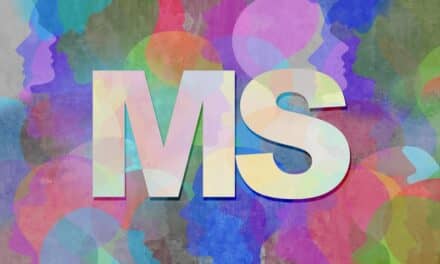A new study published in Radiology shows that the Nintendo Wii Balance Board system helps to improve brain connections in individuals with multiple sclerosis (MS), which can ultimately help them improve their overall balance and reduce their risk of accidental falls. For the study, researchers used magnetic resonance imaging (MRI) scans on the brains of 27 patients to arrive at this conclusion. The study tracked the patients who underwent a 12-week intervention using Wii balance board-based visual feedback training.
A news report from Medical Daily notes that during this course, the changes in their brains were studied using an MRI technique called diffusion tensor imaging (DTI), which is a method that can reveal abnormalities in the white matter structure of the brain and also the nervous signals passed between the brain and body. The MRI scans of the participants showed significant effects in nerve tracts that are essential in movement and balance.
The changes correlated with improvements in balance as measured by a standard assessment technique called posturography, as indicated on the Medical Daily news report. The research team believes these improvements in balance are a result of neural plasticity, which suggests that the brain is capable of forming new connections in response to injury throughout life.
The Wii Balance Board system resembles a bathroom scale, and users stand on the board and follow the movements they see on the television screen during different games, such as slalom skiing. The Medical Daily news report indicates that how exactly the Wii balance board helps in improving balance has yet to be determined, but the result is that the system has proved to be effective.
[Source: Medical Daily]





